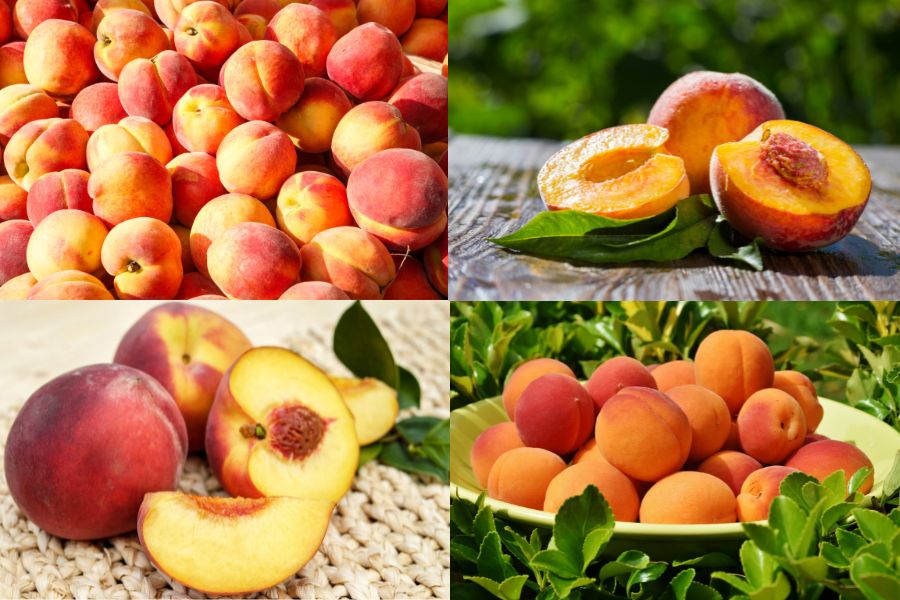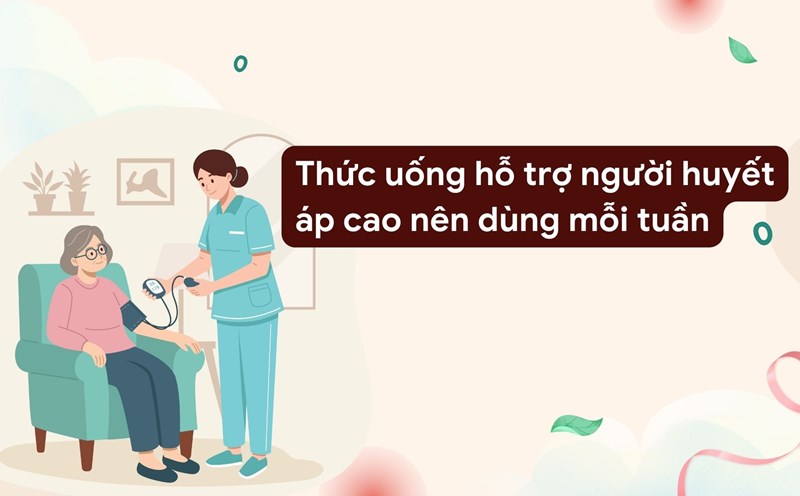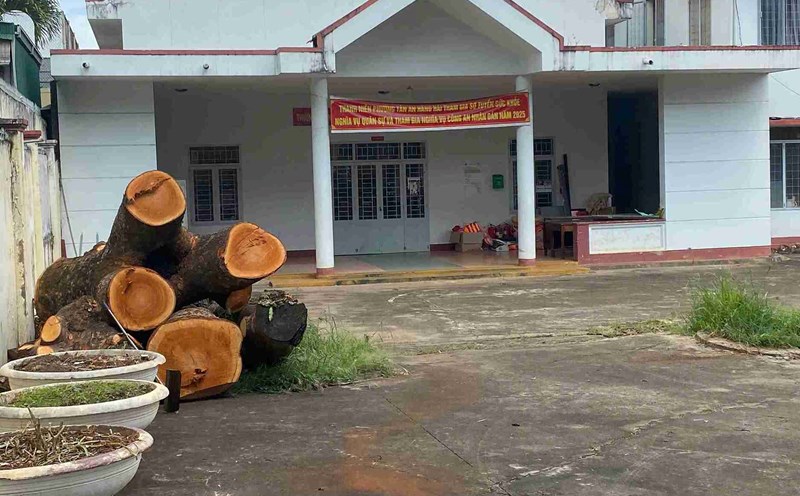Should people with high blood pressure eat peaches? Experts suggest ways to eat to safely lower blood pressure
When talking about a diet that helps lower blood pressure, most patients will think of bananas, green vegetables or oats. However, peach - a popular, cheap fruit in Vietnam - is a choice that few people expect but can bring great benefits to people with high blood pressure. So, should people with high blood pressure eat peaches?
According to nutritionists, potassium is a mineral that plays an important role in controlling blood pressure. An average peach (about 150g) provides about 285mg of potassium - helping to balance sodium levels in the body, dilate blood vessels and reduce pressure on the artery walls. Supplementing foods rich in potassium such as peach will help lower blood pressure naturally, especially for people with a long-term salt-rich diet.
Not only rich in potassium, peaches also contain polyphenols and vitamin C, two powerful antioxidants that help protect blood vessel walls from damage caused by free radicals - the cause of inflammation and promotes atherosclerosis. When blood vessels are better protected and more flexible, blood pressure levels will be more stable over time.

How to use peach trees to help lower blood pressure most effectively
To maximize the blood pressure lowering effect of peach trees, experts recommend eating fresh, whole, and clean peach trees. You can eat peach trees in the morning or mid-afternoon, avoid eating them when hungry or right before bed, because peach trees can cause a slight feeling of fullness due to their high fiber content.
In particular, people with high blood pressure should avoid eating canned peach trees or peach jam, because these products often contain a lot of sugar, corn syrup fructose and preservatives - ingredients that can stimulate high blood pressure and negatively affect the heart. This is the key to why a healthy fruit like peach can become a "double-edged sword" if used incorrectly.
Although peach is a good support food, sustainable blood pressure reduction still requires a healthy lifestyle. Patients should build a reasonable diet with lots of green vegetables, low-salt foods, healthy fats and whole grains. In addition, maintaining gentle movement such as walking 30 minutes a day, practicing yoga or taking a walk will also help improve cardiovascular health significantly.
According to research, the combination of proper nutrition and exercise habits can help patients reduce blood pressure by an average of 814 mmHg, even without the need for medication in the initial stage.
So, should people with high blood pressure eat peaches? The answer is yes, but it needs to be correct. Fresh bean sprouts, rich in potassium and antioxidants, are a cheap fruit but help lower blood pressure. However, patients need to avoid canned peach trees, eat them in moderation and maintain a scientific lifestyle to achieve optimal results.











